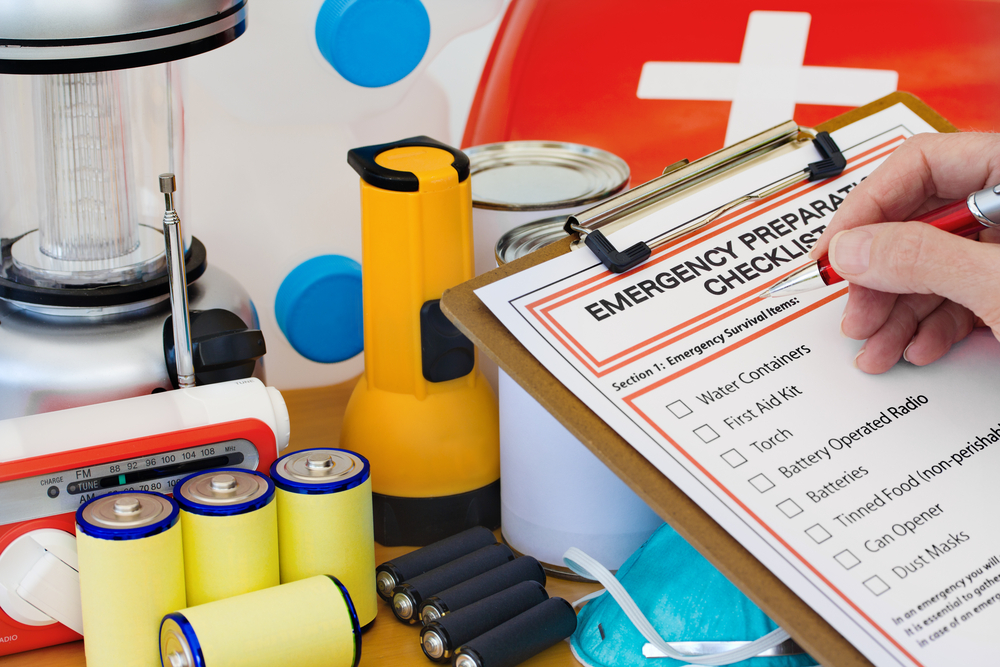
The Philippines isn’t new to catastrophic events and natural disasters. The United Nations claimed that our nation is the third most disaster-prone country around the world.
In 2013, the strong Typhoon Yolanda hit the Philippines. It created extensive damage to properties and brought about a high number of deaths in numerous parts of the country.
Here are 10 essential approaches to set up your home and secure your family when a typhoon strikes your area.
Inspect your house for defective rooftops, damaged walls, or broken windows. You can either fix them yourself immediately or use the services of a professional in your area.
Start moving your furniture and appliances such as refrigerators, TVs and electric fans to the second floor of the house, especially if your area is prone to floods. Be prepared so that you will not get stressed when the typhoon comes.
Choose food supplies that have a longer shelf life. Make sure that it is sufficient for your whole family and would keep you going for not less than three days. These include simple-open canned goods, dried fruits, nuts, biscuits and other ready-to-eat goods. Keep them in a dry place.
This kit should contain emergency supplies like a first-aid pack, hygiene kits, essential drugs, flashlight, Swiss Army knife, additional batteries for your radio and lights, rope, and compact portable chargers or power banks.
This convenient device will enable you to check the most recent weather announcements and different updates regardless of whether you have electricity or not.
This convenient tool is a good way to get everyone’s attention
Ensure that all your cell phones, tablets, and other electronic devices that you can use for communication are working and are completely charged.
Tune in to TV and radio news. Stay alert to flood signs and surge levels in your location. Know the important announcements of the government so that you will know what to do.
Save these emergency contact details in your phone or write them down. Also, note down your relatives’ numbers so that you can update them of your situation when crisis strikes.
Do this to prevent electrical accidents. Unplug your electrical appliances before you turn off the main power switch.
Get your health, beauty and wellness product online! Shop now at Watsons. Click here to start shopping.
-Medical Observer
Overweight and obesity are defined as abnormal or excessive fat accumulation that presents a risk to health. A body mass […]
Around 27 million Filipino adults are overweight or obese, according to the latest National Nutrition Survey conducted by the Food […]
Advances in scientific and technological knowledge have provided unprecedented advantages in terms of immeasurable convenience in our daily living, lightning-fast […]